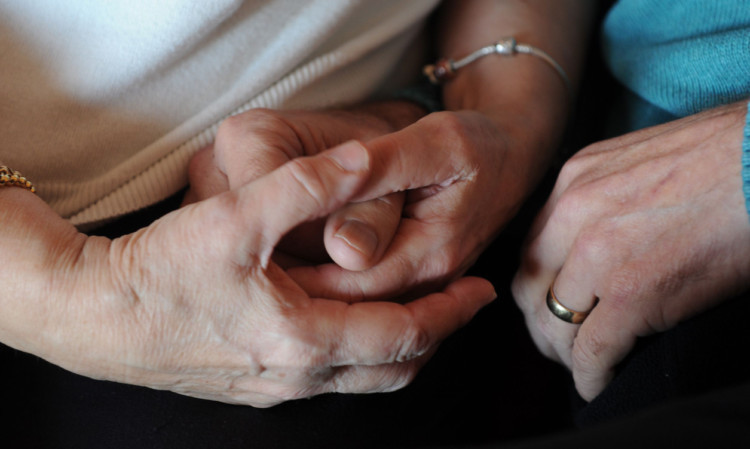The number of people living with dementia will triple worldwide by 2050, according to a new report.
There has been a 22% rise in the number of people living with dementia globally since previous estimates three years ago.
Published ahead of next week’s G8 summit on dementia being held in London, the research showed 44 million people were now thought to be living with dementia.
This would reach 76 million in 2030 before hitting 135 million by 2050, the report said. In 2010 the organisation predicted 115 million people would have dementia by 2050.
The report estimated that for Western Europe alone, dementia cases would double from 7.8 million at present to 16 million in 2050.
Researchers said 32% of people with dementia currently lived in G8 countries (38% high income countries). This compared to 62% who lived in low and middle income countries.
The report said: “By 2050, the proportion living in G8 countries will have shrunk to 21%, while the proportion living in what are currently low and middle income countries will have increased to 71%.”
A report published by the Alzheimer’s Society in 2007 showed that 800,000 people in the UK had dementia. This would soar to 1.7 million people by 2051, it predicted.
Marc Wortmann, executive director at Alzheimer Disease International, said: “It’s a global epidemic and it is only getting worse if we look into the future the numbers of elderly people will rise dramatically.
“It’s vital that the World Health Organisation makes dementia a priority, so the world is ready to face this condition.”
Jeremy Hughes, chief executive of the Alzheimer’s Society, said: “Dementia is fast becoming the biggest health and social care challenge of this generation.
“We must tackle dementia now, for those currently living with the condition across the world and for those millions who will develop dementia in the future.
“Lack of funding means dementia research is falling behind other conditions. The G8 is our once-in-a-generation chance to conquer this condition and we must see meaningful action after the talking is over.”
